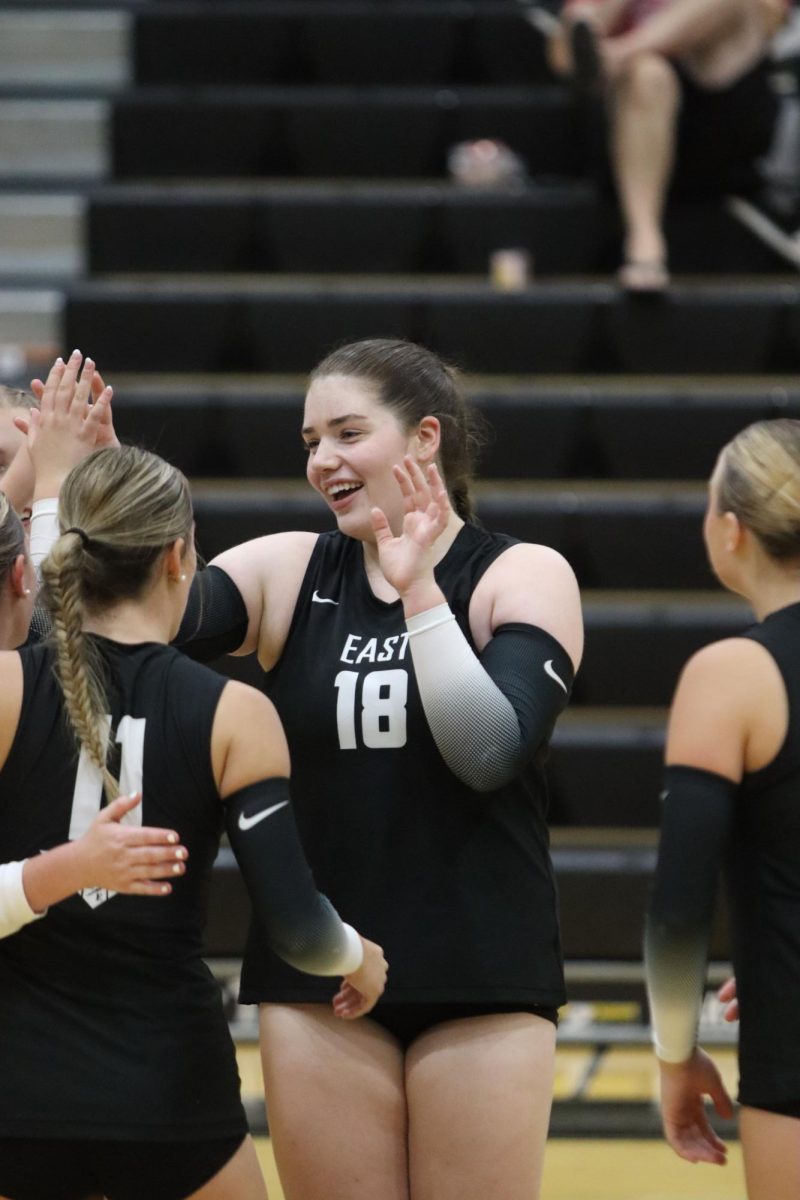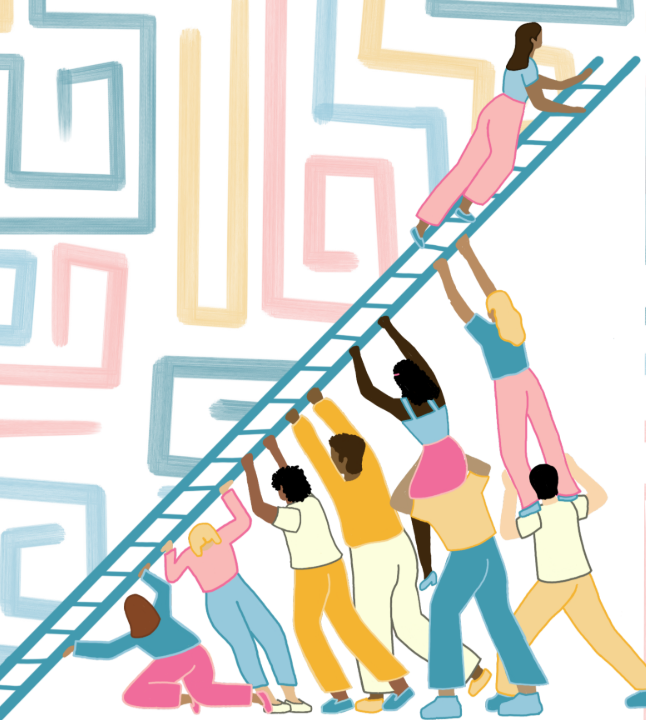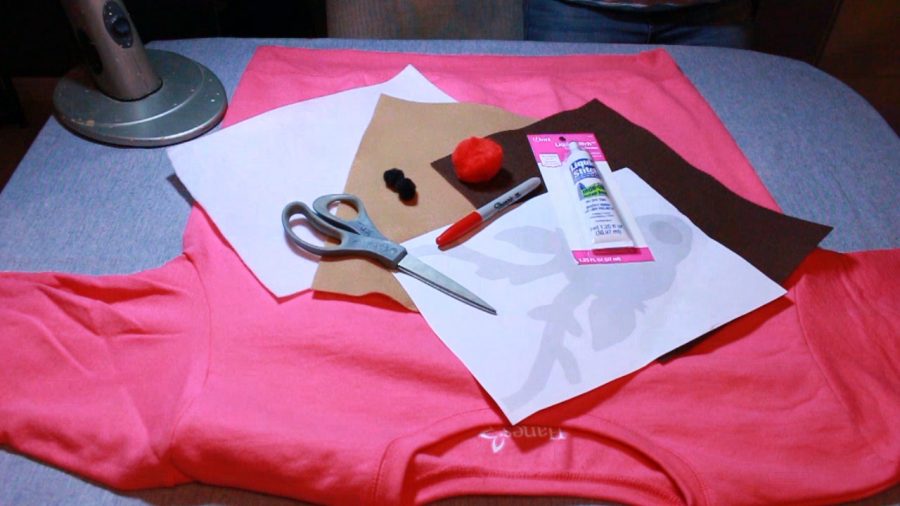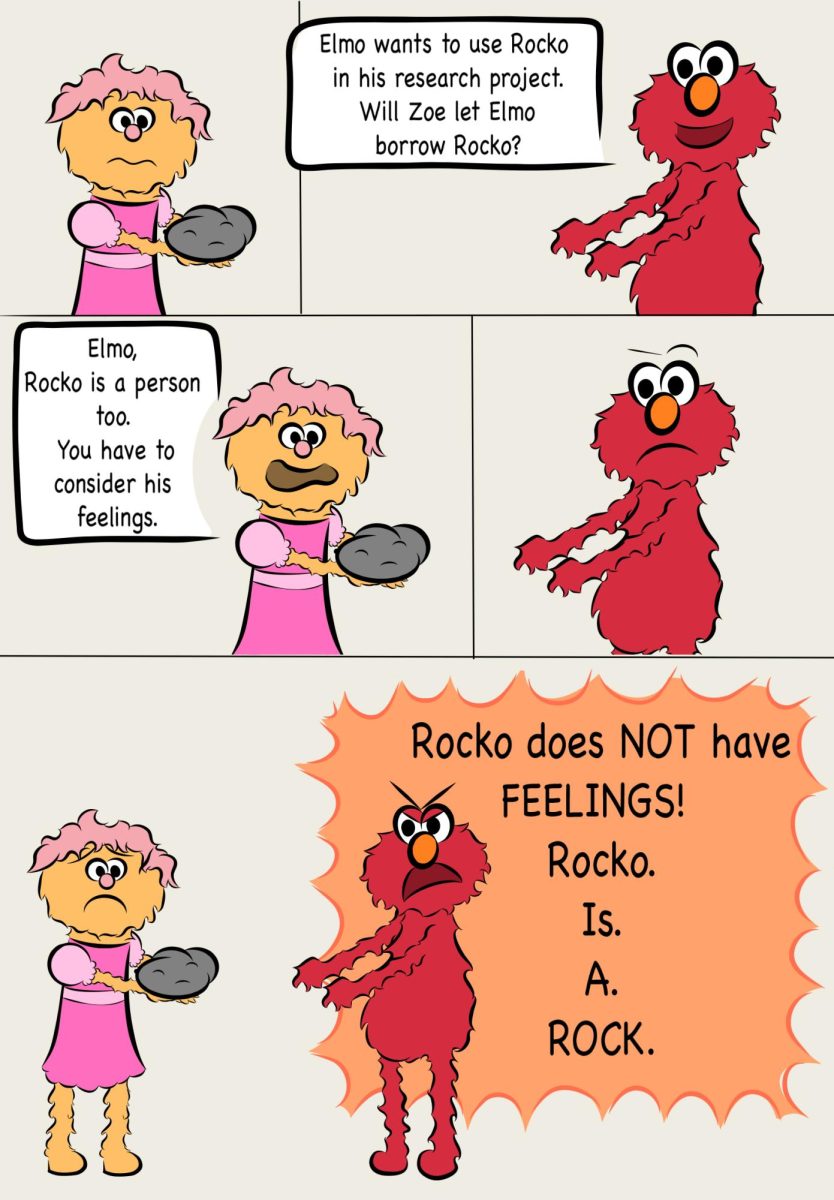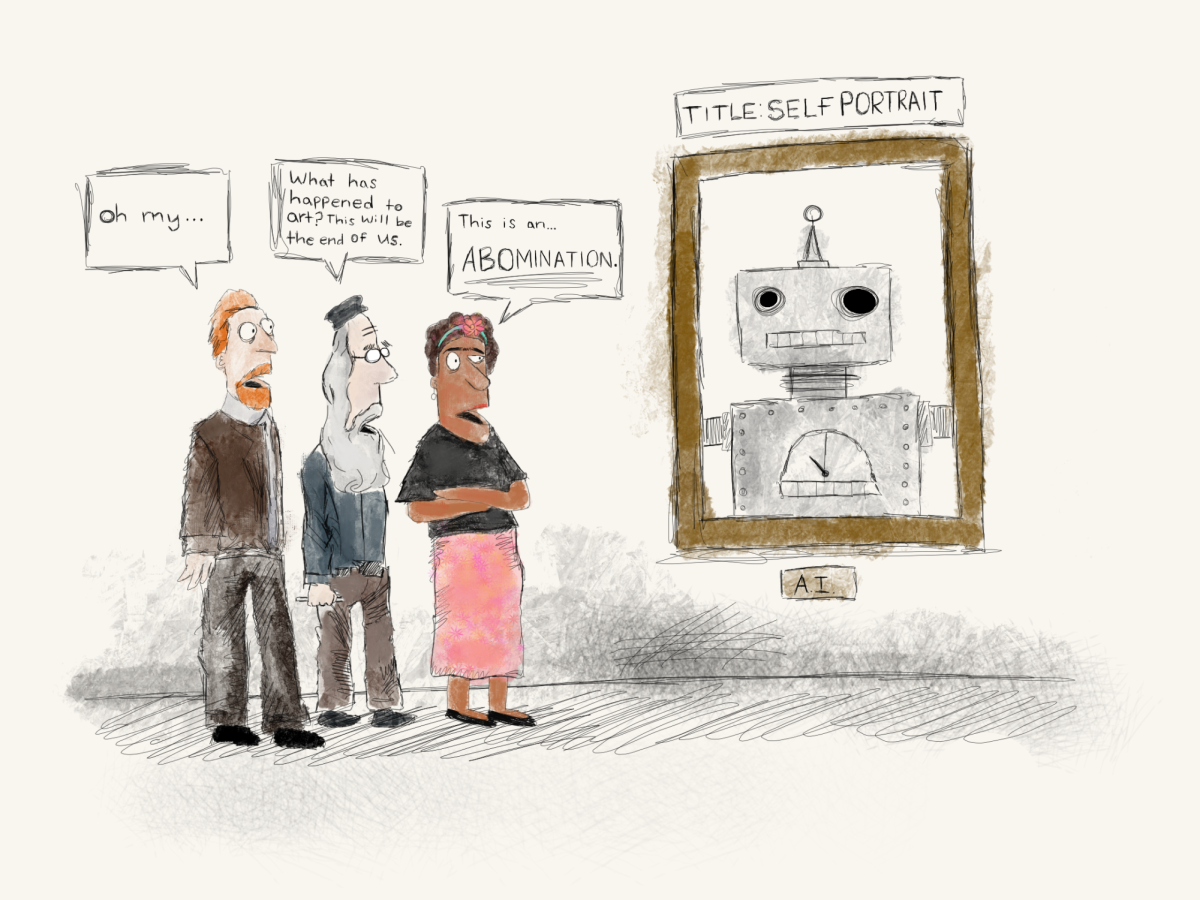Be a man, not a boy. Walk it off. Quit being soft. Stop playing like a girl.
Toxic masculinity is defined as the way men are culturally trained and socially pressured to behave, typically including characteristics of toughness and power. This concept has been a long-standing issue in the community of men’s sports, contributing to the formation of a culture that normalizes aggressive nature, unhealthy competition, and emotional suppression in men’s sports teams.
Sports, by nature, automatically requires strength, determination, and resilience. However, toxic masculinity twists the value behind having these traits. Positive qualities are distorted by the application of this negative concept, shifting players’ attitudes into harmful stereotypes that can restrain male athletes from performing at their fullest capabilities.
Coaches, teammates, and media can commonly convey a ‘man up’ mentality towards those on male sports teams, teaching players that expressing vulnerability or asking for help emotionally is not the manly thing to do.
Male athletes often feel pressured to display their masculinity by having a guard up and being tough, according to Global Health Matters. When athletes get injured, they feel the need to keep the pain to themselves and continue playing through it to prove their strength.
According to the National Library of Medicine, 80% of athletes who attend appointments for treatment of an injury also spoke up about their psychological issues that led up to the cause of the injury. This shows that athletes overall feel pressured to keep playing through the pain.
Among the mental and physical negatives correlated with the implementation of toxic masculinity in men’s sports, the overall message and stereotypes that are spread by men’s sports are harmful to future generations of athletes and spectators.
According to The Saint Mary’s University Journal, male athletes tend to be more aggressive and violent in nature as they try to deal with the pressure of emasculation they endure. This sets a bad example for the future generation of athletes, teaching them that it is normal to act hostile as a result of their sport, which can easily create a breeding ground of harmful culture and values.
Toxic culture in men’s sports needs to be replaced by a new set of ideals that values holistic strength, mental well-being, true support from teammates and coaches, and a more open-minded media presence.
According to Frontiers in Psychology, student athletes who experience a positive and supportive environment in their sport are more likely to develop a stronger sense of self-efficacy in their sport learning and performance abilities.
If sports leagues have had the resources and power to constantly encourage toxic masculinity in the past, they have the potential to completely shift the narrative.

















